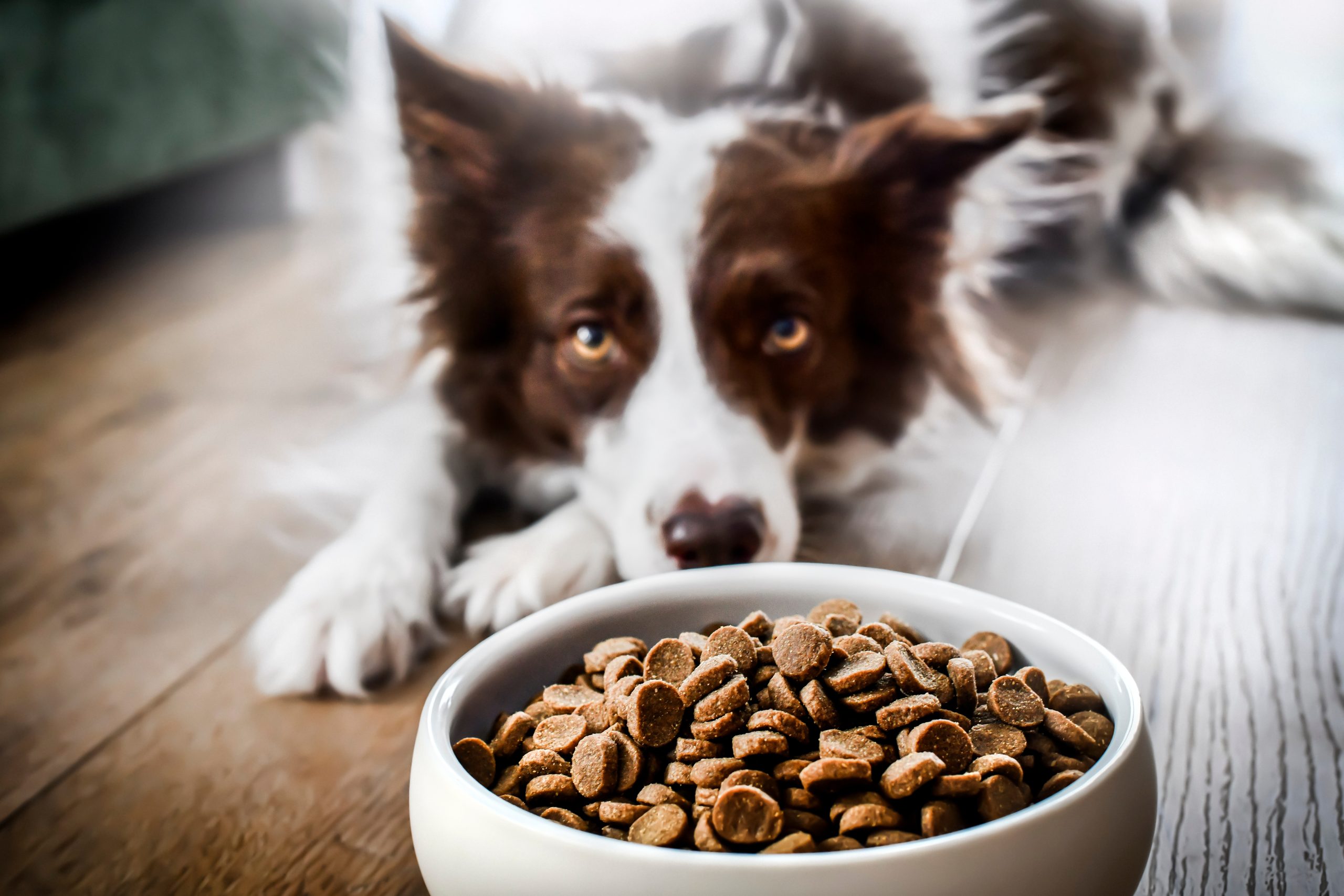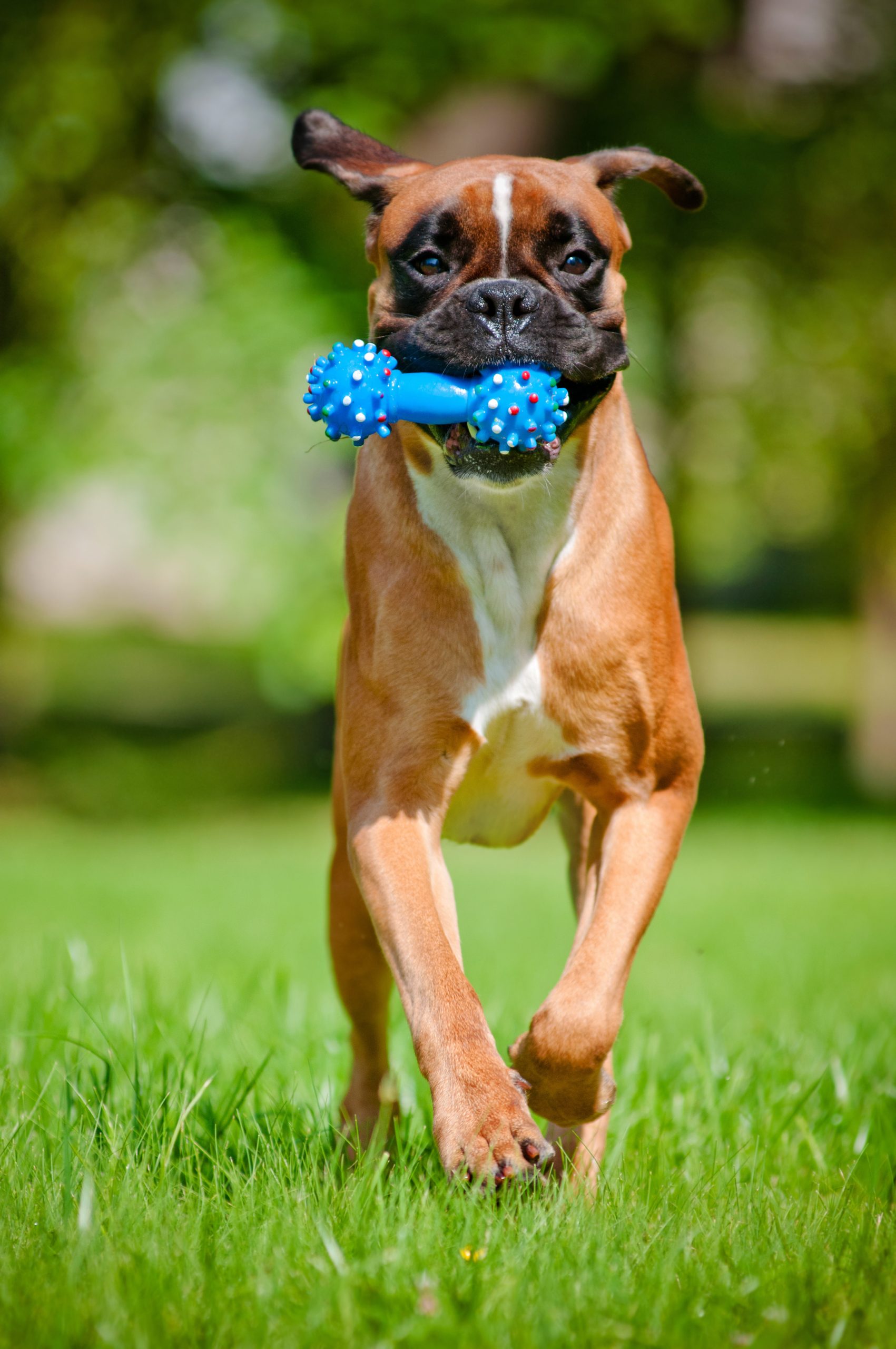
NUTRITION – ADVICE AND SUPPLY
We are what we eat. The animals “of today” now live longer and have healthier lives than their ancestors did. In the 1970’s the average age of a dog was 12 years and a cat was 14 years. Now the average age of a dog is 15 years and the average age of a cat is 17 years.
The main reason for this increase in life expectancy involves better health awareness by the owner and better nutrition.
As professionals, we now recognise that animals have different nutritional requirements at different times of their life. We also recognise that different breeds need different nutrition, different lifestyles need different nutrition, and neutered animals need different nutrition compared to non-neutered animals.
So when we give advice to owners concerning the animal’s nutritional needs we have to take into account the breed, the age, the stage of development, what activity the animal does, whether is animal is desexed or not, the overall weight of the dog, the expectations of the owner, if the animal has any medical problems, the dentition of the animal, and any other factor that may influence whether the animal will accept the product and the amount of effort the owner is willing to put into supplying the food.
Frequently Asked Questions
What is the best food to feed my dog?
It is important to use the right sized food product for your animal.
It is important to match the form of the food used to the lifestyle, age and the health or well being of your animal. For example there are puppy foods for small, medium and large breeds. There is food made for neutered (desexed) animals and non neuted animals. There is food for dental problems, intestinal problems, arthritic problems, age problems, weight problems, kidney problems, liver problems etc.
It is important to come and talk to our staff about your animal and we can recommend the best food to keep your animal happy and healthy.
Should I give my dog bones?
It is my recommendation that the owner can give bones to a dog or cat but with some limitation. I do not recommend cooked bones as they splinter when eaten and the sharp ends can cause damage. We try to match the bone size to the dog’s mouth – do not give huge bones to a small dog. The large bones can cause fracture of the teeth – especially the back large teeth and the large bone can cause damage to the structure of the mouth as the dog tries to chew on the bone.
The large bone cut in half to expose the bone marrow can cause a medical condition called pancreatitis and we do not recommend that “marrow bones” are fed to any dog.
Bones do NOT clean teeth and will never clean teeth. The problem of tarter and dental decay occurs near the gum line and the animal uses the bottom of the teeth to chew on a bone – it is not feasible that the animal will get any cleaning action from chewing on a bone. If we want the “giving a bone” to help the mouth then make sure the bone has lots of meat attached – use meaty bones.
If we feed bones then remember the only beneficial part is the enjoyment the dog will get from chewing on a bone.
Can I feed chicken wings or chicken carcasses to my dog?
How often should I feed my puppy?
As the puppy ages it is normal to feed a 3 month old puppy 3 times a day.
At 4 months then feed the puppy twice a day.
Small dogs should be fed twice a day for life.
Big dogs only need food once a day.
What should I be feeding my puppy?
Our staff are trained to give you advice on what food to give to your puppy.
I have a new kitten. Does it need special food?


Is dry food better for my cat compared to tinned food?
We recommend Royal Canin brand for the dry food.
Should I feed milk to my cat?
I want to feed meat only to my cat – is there a problem with this?
Also meat is very deficient in calcium – a mainly meat diet will lead to rickets and osteoporosis.
Can I feed chicken wings or necks to my cat?
But most cats do not like chewing on a chicken neck or wing as cats are usually only interested in the meat of the chicken. There is no harm in trying but if you cat does not eat the wing or the neck then maybe it is better to feed a good quality cat food instead.
I have heard you have special diets that I can mix up for my dog or cat?
As my dog ages, should I be changing his diet?
My dog has dental problems – is there special food to help clean his teeth?
Is there special food for arthritis?


